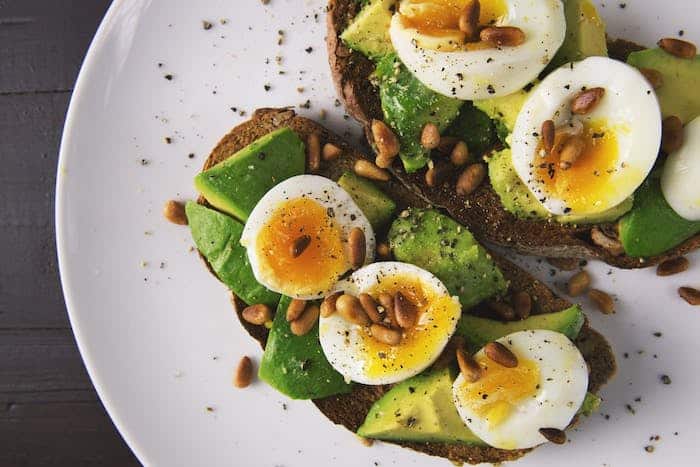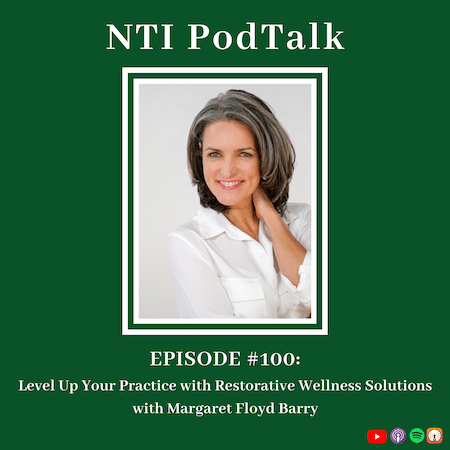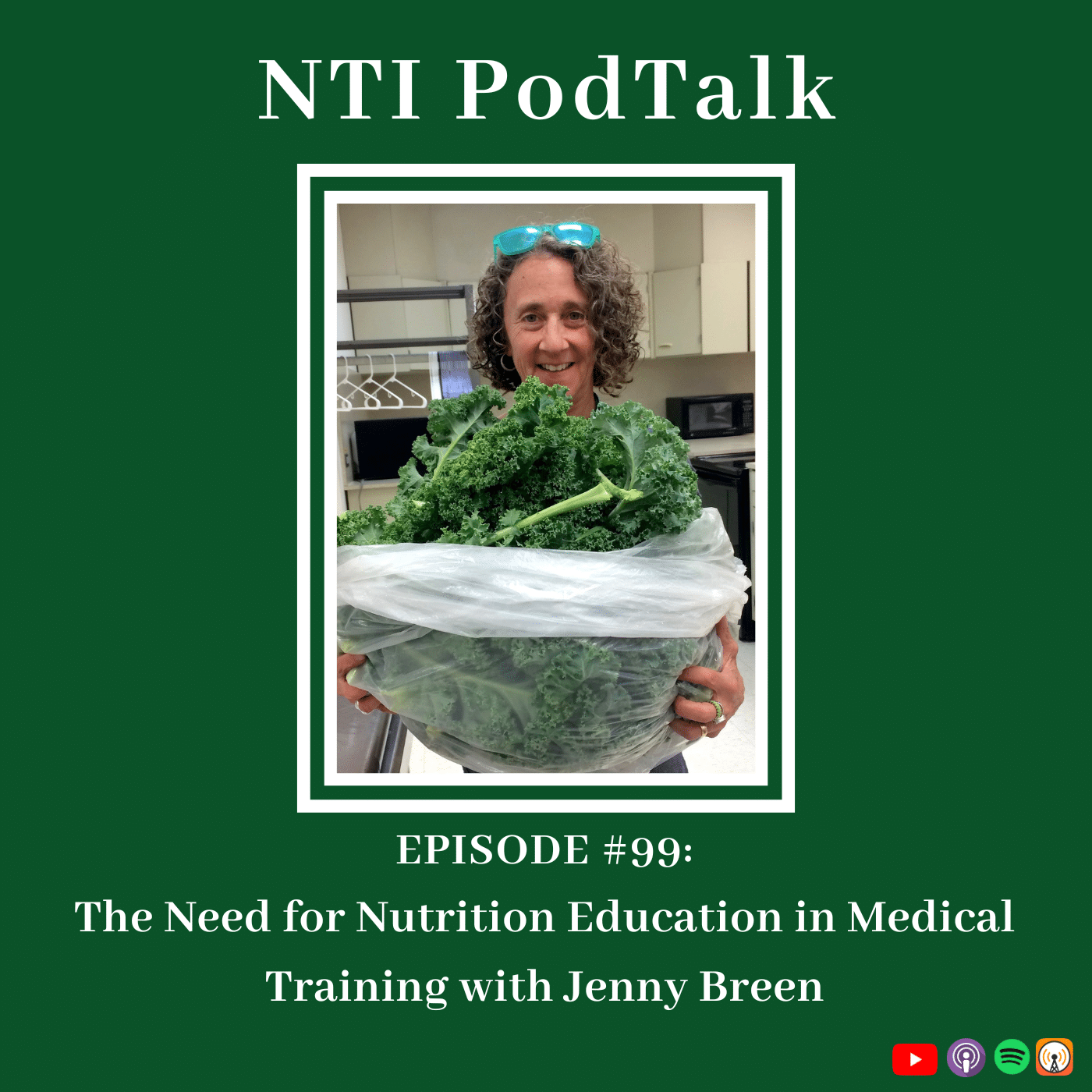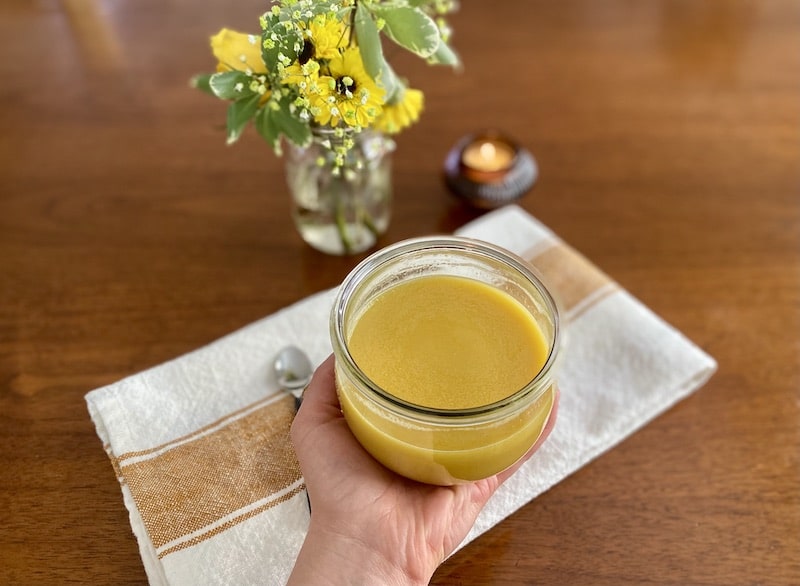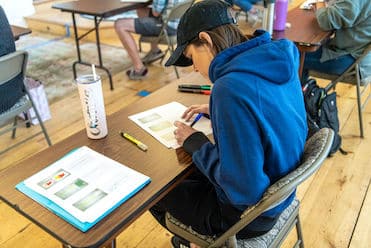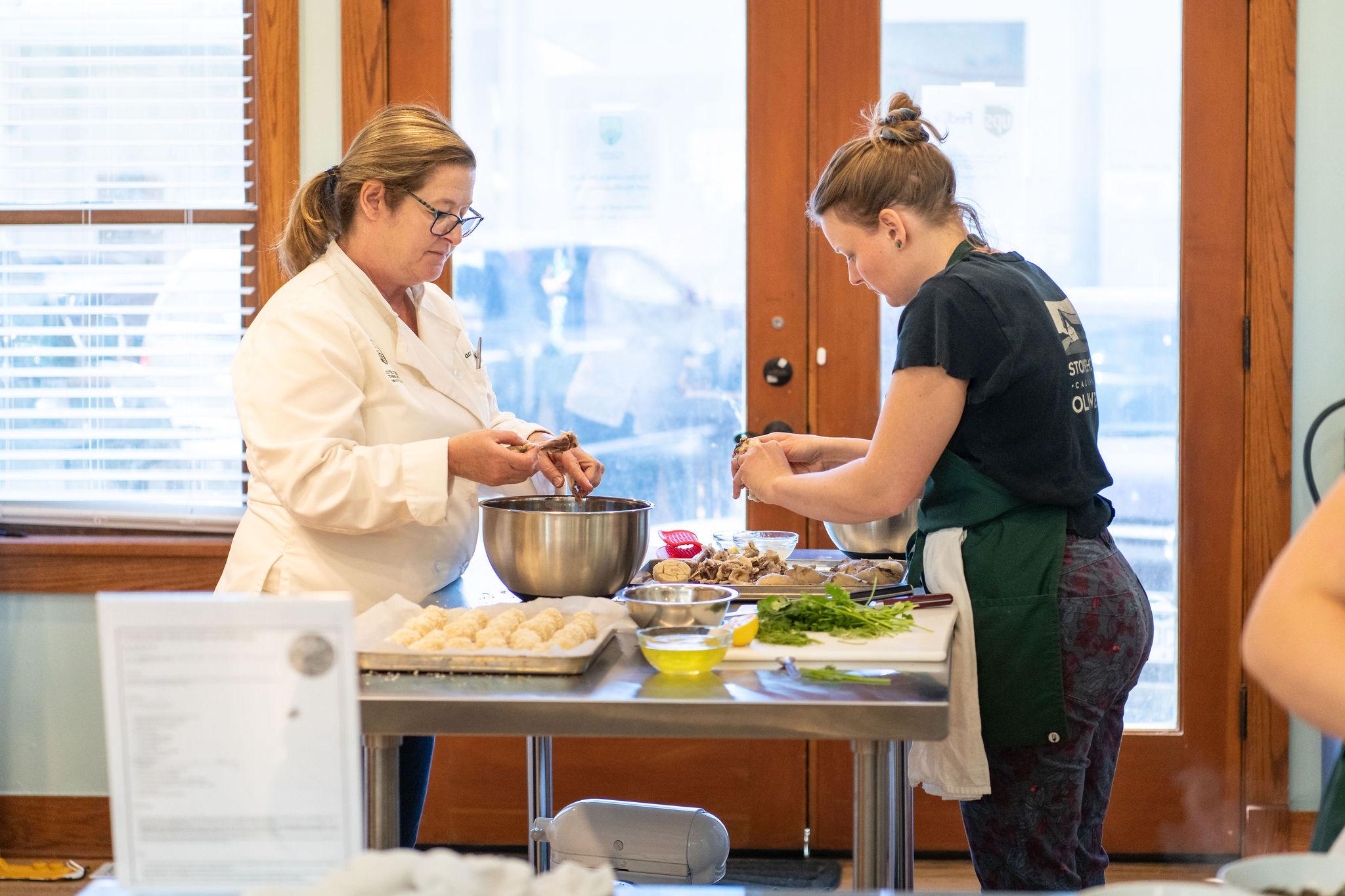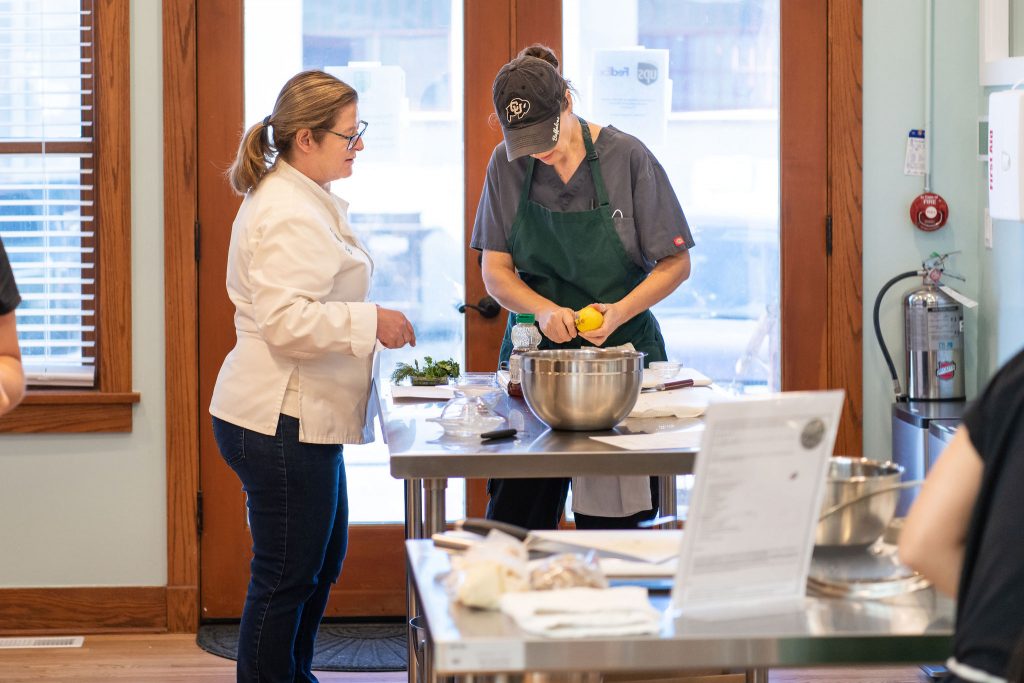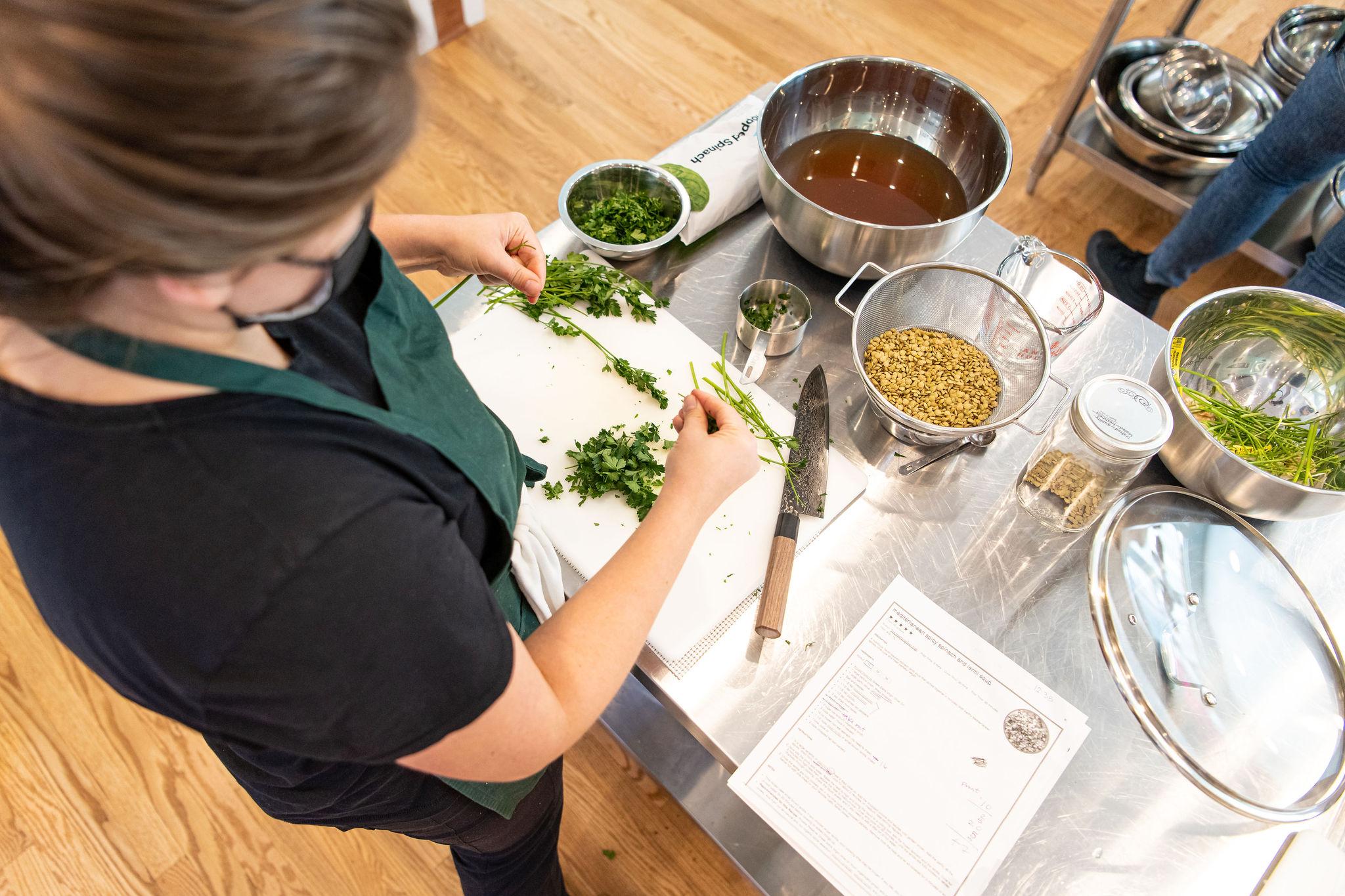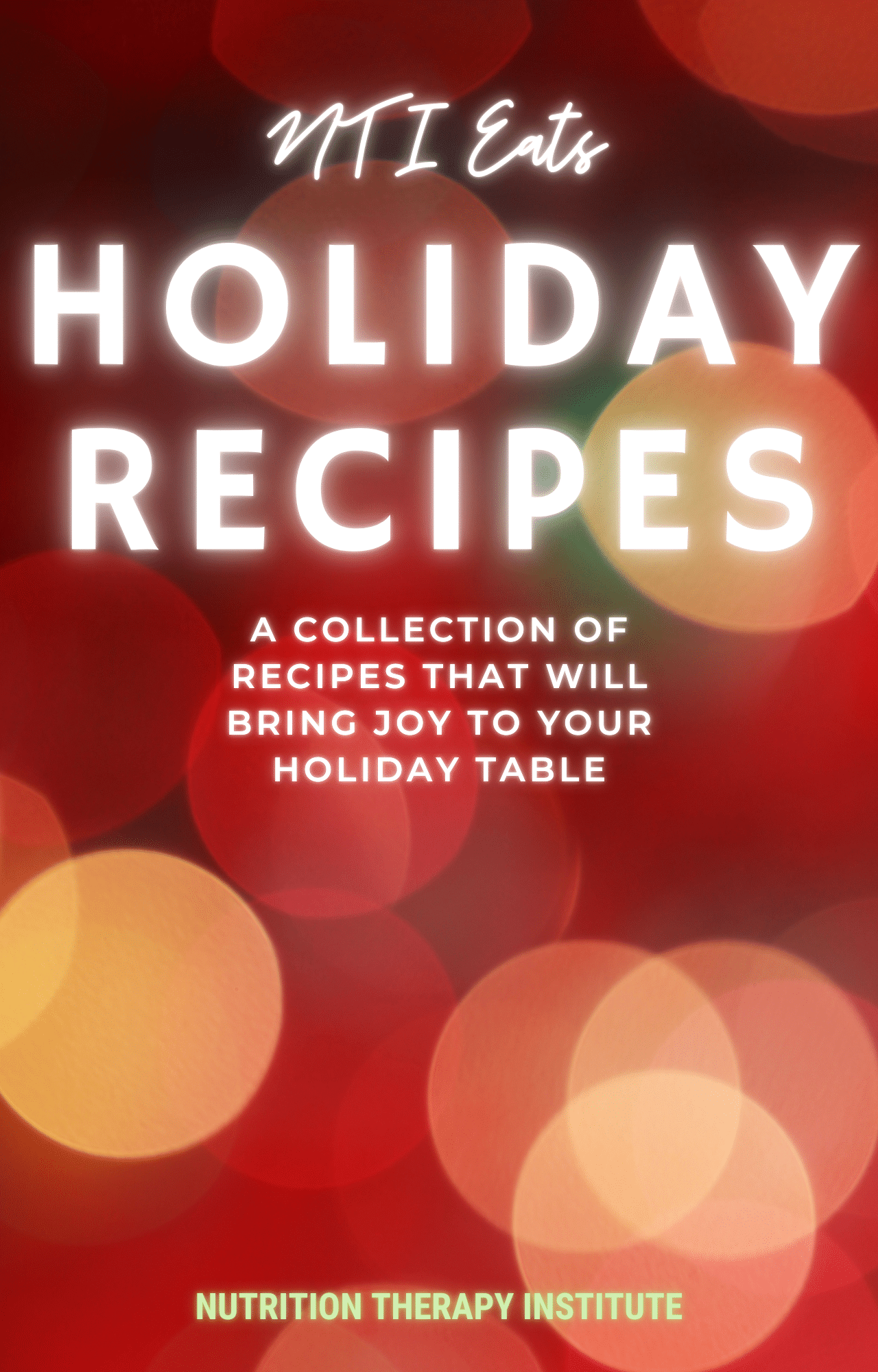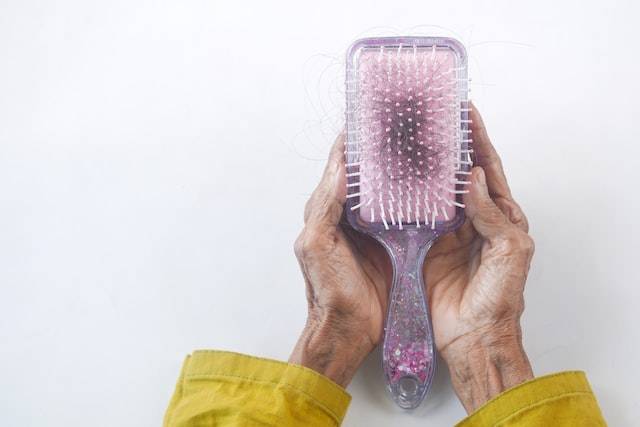
Share this post!
Losing some hair each day is normal: we shed about 50-100 hairs every day. However, hair loss can become problematic – and noticeable – when hair shedding increases. Excessive hair loss can lead to thinning or baldness. In this blog post, we will discuss nutritional strategies to help with hair health in the context of nutrient deficiencies.
Main Reasons for Hair Loss
Although hair loss might not have direct physical effects on your health, it can be a source of significant psychological trauma. Hair loss is often a sign of an underlying health imbalance – it is important to find the root cause and understand why there is excess shedding.
Some of the main reasons for hair loss include:
- Genetics and heredity
- Hormone imbalances
- Medications
- Metabolic imbalances
- Toxin overload
- Gut dysbiosis
- Fungal conditions of the scalp
- Stress, stressful events, including infections
- Autoimmune diseases
- Nutritional deficiencies
This blog post will focus on how hair loss is related to nutritional deficiencies, as well as important nutrients and specific foods to focus on to support healthy hair.
Important Nutrients for Hair Health
Let’s dive into some of the most important nutrients to include in your diet to support healthy hair growth.
Protein
Hair is made up of a tough protein called keratin which is produced in hair follicles in the outer layer of skin. To support adequate levels of keratin, there must be sufficient protein in the diet. Lack of protein in the diet can lead to hair loss. Consuming complete protein from animal foods or complementary plant proteins will support hair growth.
Collagen
Several of the amino acids needed to build keratin can be found in collagen. Research has shown that collagen peptides could be an effective food supplement for hair loss prevention as well as hair regrowth. Marine collagen may be particularly beneficial due to its high bioavailability.
Essential Fatty Acids
Essential fatty acids (EFAs) are necessary to reduce inflammation and support hair follicle health. A study has shown that taking an omega 3&6 supplement with antioxidants can help improve the hair density and diameter.
Wild-caught fatty fish are pasture-raised animals are high in essential fatty acids. Additionally, nuts and seeds high in omega-3 and omega-6 fatty acids can be beneficial, such as walnuts, flax seeds and sesame oil.
Micronutrients
Vitamins and minerals are important for hair follicle growth cycle and cellular turnover. Some of the main nutrients to focus on for healthy hair growth include:
- Iron – iron deficiency is the world’s most common nutritional deficiency and is a well-known cause of hair loss, especially in women. Without sufficient iron, the body can’t produce enough hemoglobin in the blood. Hemoglobin is needed to carry oxygen for the growth and repair of cells, including the cells that stimulate hair growth.
- Vitamin C – getting enough vitamin C in your diet is essential because it’s a powerful antioxidant. Vitamin C also helps your body absorb iron and is needed for collagen synthesis.
- Vitamin D – studies have shown a correlation between people with low vitamin D levels and hair loss. Although Vitamin D deficiency is associated with hair loss, research supporting vitamin D supplementation for hair growth is lacking.
- Zinc – zinc promotes cell replication and division, as well as tissue growth and repair. It is an important nutrient for skin and hair health. Foods are the most reliable source to support hair growth, since the role of zinc supplementation as it relates to hair growth is open to debate. However, a recent study has shown that zinc supplementation could be beneficial for hair loss.
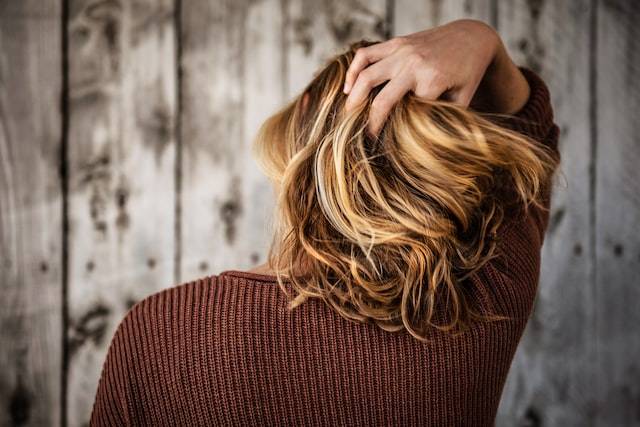
There are certain nutrients that are often highlighted for hair health; these include selenium, biotin, folate, and niacin. However, at this point in time, there is a lack of evidence to confirm the benefits of these nutrients when consumed in higher therapeutic amounts. Of course, it is always necessary to consume adequate amounts of selenium, biotin, folate, and niacin to support overall health and hair health. Eating a balanced diet is the best way to achieve sufficient amounts of these nutrients.
It is also important to note that nutrients commonly supplemented for hair growth support, such as zinc, vitamin A, iron, selenium and vitamin E, can be toxic at high doses. Toxicity is typically only reached with supplementation. Becoming a Nutrition Therapist Master prepares you to know the best foods to consume to ensure proper amounts of important vitamins and minerals!
Top 10 Foods to Prevent Hair Loss
Now that we’ve discussed what nutrients are beneficial for supporting hair health, I’m sure you want to know what foods contain these nutrients! Below is a list of foods to focus on to make sure you are getting sufficient intake of hair-supporting nutrients.
One more note: to ensure the most nutrient-dense and healthiest diet, it is important to consume organic produce and responsibly-raised animal foods. Conventionally grown produce and animal foods can lead to toxin accumulation, affecting nutrient delivery to the scalp, leading to hair loss.
Here are specific foods and the nutrients each one contains to support your hair health:
- Grass-fed meat – protein, iron, vitamin A, zinc
- Beef liver – iron, biotin, vitamin A, selenium, protein
- Fatty fish (such as salmon, herring, and mackerel) – EFAs, selenium, protein
- Eggs – protein, biotin, selenium
- Chickpeas and lentils (properly prepared) – protein, zinc, iron
- Walnuts, flax seeds and chia seeds – EFAs, vitamin E
- Bone broth – collagen, protein
- Pumpkin seeds (properly prepared) – zinc
- Oysters – zinc, iron, selenium, protein
- Berries – antioxidants, vitamin C
Ready to enjoy some foods to support your hair health?
Try these Nutrition Therapist Master-approved recipes:
AIP Ribs with Nightshade-free Cherry BBQ Sauce
The Best Liver Recipe: Dianne’s Beef Liver with Figs
Anti-inflammatory and Antioxidant Rich Thai Broccoli Fish Stew
Paleo Lamb Burgers with Dairy Free Tzatziki
Roasted Miso-Pomegranate Salmon
About the Author: Daina Rasutis is a graduate of NTI’s Nutrition Therapist Master Program. Her background in Environmental Engineering has allowed her to combine the best of science with a love for nutrition, sustainability & delicious food. Follow Daina’s nutrition practice, cooking creations and lifestyle tips on her website: www.tabletocrave.com
Images:
Image by Towfiqu barbhuiya on Unsplash
Finger Comb by Tim Mossholder on Unsplash
Share this post!

